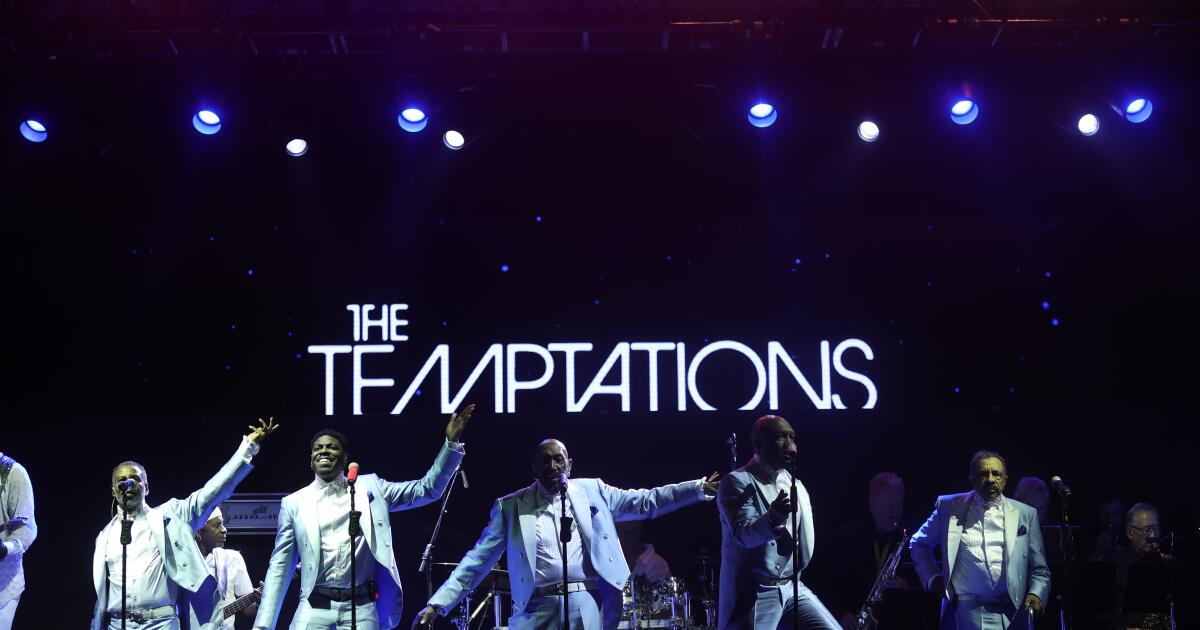Universal Music Group settles with AI music startup Udio
Universal Music Group said Wednesday it has reached licensing agreements with artificial intelligence music startup Udio, settling a lawsuit that had accused Udio of using copyrighted music to train its AI.
Users create music using Udio’s AI, which can compose original songs — including voices and instruments — from text prompts.
Udio has agreed with UMG to launch a new platform next year that is only trained on “authorized and licensed music,” and will let users customize, stream and share music.
“These new agreements with Udio demonstrate our commitment to do what’s right by our artists and songwriters, whether that means embracing new technologies, developing new business models, diversifying revenue streams or beyond,” Lucian Grainge, UMG’s chairman and chief executive, said in a statement.
Udio declined to disclose the financial terms of the settlement and licensing agreements. UMG did not immediately return a request for comment on the terms.
Artificial intelligence has brought new opportunities as well as challenges to the entertainment industry, as AI startups have been training their models on information on the internet, which entertainment companies say infringes on their copyrighted work.
In the music industry, music businesses have accused New York City-based Udio and other AI music startups of training on copyrighted music to generate new songs that are based on popular hits without compensation or permission.
UMG, Sony Music Entertainment, Warner Music Group and other music businesses sued Udio last year. In the lawsuit, Udio was accused of using hits like The Temptations’ “My Girl,” to create a similar melody called “Sunshine Melody.” UMG owns the copyright to “My Girl.”
“A comparison of one section of the Udio-generated file and ‘My Girl’ reflects a number of similarities, including a very similar melody, the same chords, and very similar backing vocals,” according to the lawsuit. “These similarities are further reflected in the side-by-side transcriptions of the musical scores for the Udio file and the original recording.”
Udio said on its website at the time that it stands by its technology and that its AI model learns from examples, similar to how students listen to music and study scores.
“The goal of model training is to develop an understanding of musical ideas — the basic building blocks of musical expression that are owned by no one,” Udio had said in a statement. “We are completely uninterested in reproducing content in our training set.”
On Wednesday, Udio’s CEO and co-founder, Andrew Sanchez, said he was thrilled at the opportunity to work with UMG “to redefine how AI empowers artists and fans.”
The collaboration is the first music licensing agreement that Udio has reached with a major music label.
“This moment brings to life everything we’ve been building toward — uniting AI and the music industry in a way that truly champions artists,” Sanchez said in a statement. “Together, we’re building the technological and business landscape that will fundamentally expand what’s possible in music creation and engagement.”
Udio said that artists can opt in to the new platform and will be compensated, but declined to go into the specifics or the artists involved.
Udio, launched in 2024, was co-founded by former Google DeepMind employees. Udio’s backers include music artist will.i.am, Instagram co-founder and Anthropic’s chief product officer Mike Krieger and venture capital firm Andreessen Horowitz.
Udio said millions of people have used Udio since it launched in 2024. Users can access the platform through its app or website. The company did not break out specifically how many downloads or website users it has.
Udio has had 128,000 app downloads in Apple’s App Store since its app was released in May, according to estimates from New York-based mobile analytics firm Appfigures.
On Thursday, UMG also announced a partnership with London-based Stability AI to develop music creation tools powered by AI for artists, producers and songwriters.
